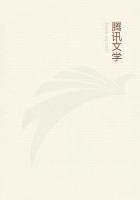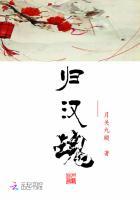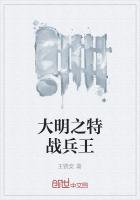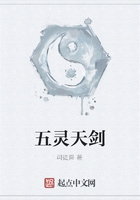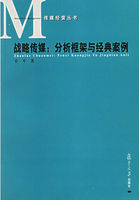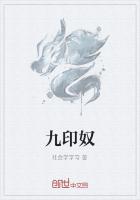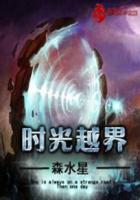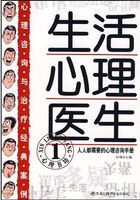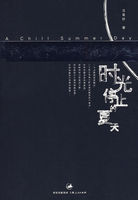But his faith had begun to weaken in many minor points of discipline. His coat soon became a cause of offense and called forth another reproof from those buttoned up in conforming garments. The petty forms of Quakerism began to lose their weight with him altogether, and he was finally disowned for allowing the village youth to be taught dancing in an upper room of his dwelling. He was applied to for this favor on the ground that young men were under great temptation to drink if the lessons were given in the hotel; and, being a rigid temperance man, he readily consented, though his principles, in regard to dancing, would not allow his own sons and daughters to join in the amusement. But the society could accept no such discrimination in what it deemed sin, nor such compromise with worldly frivolity, and so Mr. Anthony was seen no more in meeting. But, in later years, in Rochester he was an attentive listener to Rev. William Henry Channing.
The effect of all this on Susan is the question of interest. No doubt she early weighed the comparative moral effects of coats cut with capes and those cut without, of purely Quaker conjugal love and that deteriorated with Baptist affection. Susan had an earnest soul and a conscience tending to morbidity; but a strong, well-balanced body and simple family life soothed her too active moral nature and gave the world, instead of a religious fanatic, a sincere, concentrated worker. Every household art was taught her by her mother, and so great was her ability that the duty demanding especial care was always given into her hands. But ever, amid school and household tasks, her day-dream was that, in time, she might be a "high-seat" Quaker. Each Sunday, up to the time of the third disobedience, Mr. Anthony went to the Quaker meeting house, some thirteen miles from home, his wife and children usually accompanying him, though, as non-members, they were rigidly excluded from all business discussions. Exclusion was very pleasant in the bright days of summer; but, on one occasion in December, decidedly unpleasant for the seven-year-old Susan. When the blinds were drawn, at the close of the religious meeting, and non-members retired, Susan sat still. Soon she saw a thin old lady with blue goggles come down from the "high seat." Approaching her, the Quakeress said softly, "Thee is not a member杢hee must go out." "No; my mother told me not to go out in the cold," was the child's firm response. "Yes, but thee must go out杢hee is not a member." "But my father is a member." "Thee is not a member," and Susan felt as if the spirit was moving her and soon found herself in outer coldness.
Fingers and toes becoming numb, and a bright fire in a cottage over the way beckoning warmly to her, the exile from the chapel resolved to seek secular shelter. But alas! she was confronted by a huge dog, and just escaped with whole skin though capeless jacket. We may be sure there was much talk, that night, at the home fireside, and the good Baptist wife declared that no child of hers should attend meeting again till made a member. Thereafter, by request of her father, Susan became a member of the Quaker church.
Later, definite convictions took root in Miss Anthony's heart. Hers is, indeed, a sincerely religious nature. To be a simple, earnest Quaker was the aspiration of her girlhood; but she shrank from adopting the formal language and plain dress. Dark hours of conflict were spent over all this, and she interpreted her disinclination as evidence of unworthiness. Poor little Susan! As we look back with the knowledge of our later life, we translate the heart-burnings as unconscious protests against labeling your free soul, against testing your reasoning conviction of to-morrow by any shibboleth of to-day's belief. We hail this child-intuition as a prophecy of the uncompromising truthfulness of the mature woman. Susan Anthony was taught simply that she must enter into the holy of holies of her own self, meet herself, and be true to the revelation. She first found words to express her convictions in listening to Rev. William Henry Channing, whose teaching had a lasting spiritual influence on her. To-day Miss Anthony is an agnostic. As to the nature of the Godhead and of the life beyond her horizon she does not profess to know anything.
Every energy of her soul is centered upon the needs of this world. To her, work is worship. She has not stood aside, shivering in the cold shadows of uncertainty, but has moved on with the whirling world, has done the good given her to do, and thus, in darkest hours, has been sustained by an unfaltering faith in the final perfection of all things. Her belief is not orthodox, but it is religious. In ancient Greece she would have been a Stoic; in the era of the Reformation, a Calvinist; in King Charles' time, a Puritan; but in this nineteenth century, by the very laws of her being, she is a Reformer.
For the arduous work that awaited Miss Anthony her years of young womanhood had given preparation. Her father, though a man of wealth, made it a matter of conscience to train his girls, as well as his boys, to self-support.
Accordingly Susan chose the profession of teacher, and made her first essay during a summer vacation in a school her father had established for the children of his employé;s. Her success was so marked, not only in imparting knowledge, but also as a disciplinarian, that she followed this career steadily for fifteen years, with the exception of some months given in Philadelphia to her own training. Of the many school rebellions which she overcame, one rises before me, prominent in its ludicrous aspect. This was in the district school at Center Falls, in the year 1839. Bad reports were current there of male teachers driven out by a certain strapping lad.

